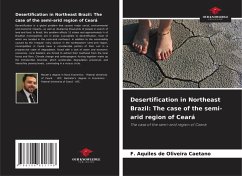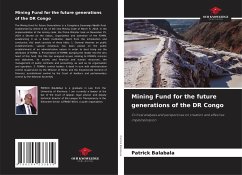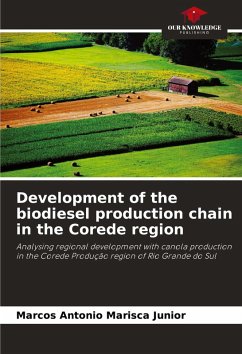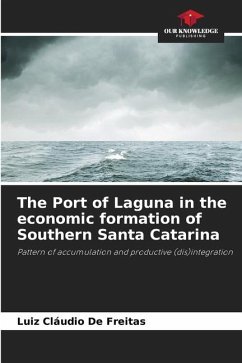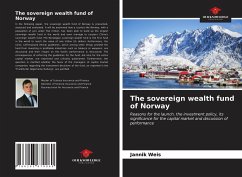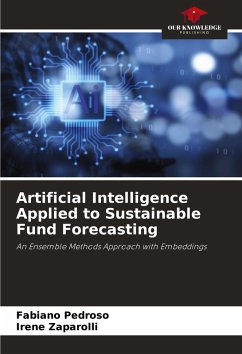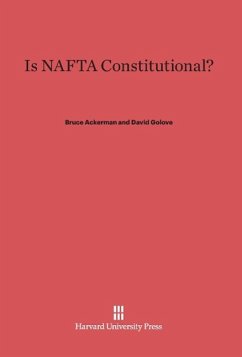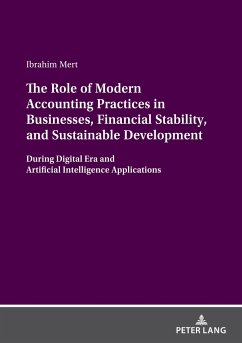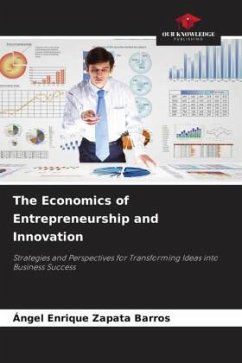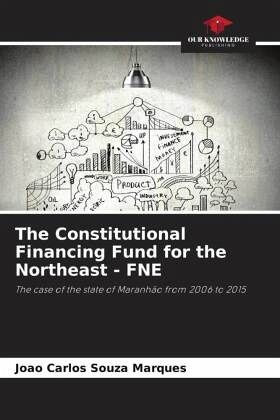
The Constitutional Financing Fund for the Northeast - FNE
The case of the state of Maranhão from 2006 to 2015
Versandkostenfrei!
Versandfertig in 6-10 Tagen
33,99 €
inkl. MwSt.

PAYBACK Punkte
17 °P sammeln!
Based on the relative importance of the state in Brazilian development, which, among many other things, translates into development and subsidized credit for investment, this work, based on development theories and the historical process of the Brazilian economy, analyzes these subsidy mechanisms at work in the Northeast, which has the lowest per capita income and the largest number of extremely poor people. With a focus on the Constitutional Financing Fund for the Northeast - FNE, run by the Banco do Nordeste, which, at state level, does not clearly show any impact in terms of improving incom...
Based on the relative importance of the state in Brazilian development, which, among many other things, translates into development and subsidized credit for investment, this work, based on development theories and the historical process of the Brazilian economy, analyzes these subsidy mechanisms at work in the Northeast, which has the lowest per capita income and the largest number of extremely poor people. With a focus on the Constitutional Financing Fund for the Northeast - FNE, run by the Banco do Nordeste, which, at state level, does not clearly show any impact in terms of improving income indicators, employment and the development of the most precarious states in which it operates. In this sense, we sought to analyze the results of the FNE in Maranhão, where we observed the same allocation dynamics as in the other northeastern states. In addition, we noted that the large volumes of resources spent are concentrated on large companies, with a relatively smaller volume going to micro and small companies. There are also differences between the objectives and guidelines proposed by law in the FNE's by-laws and the attention given to those with the greatest capacity.






